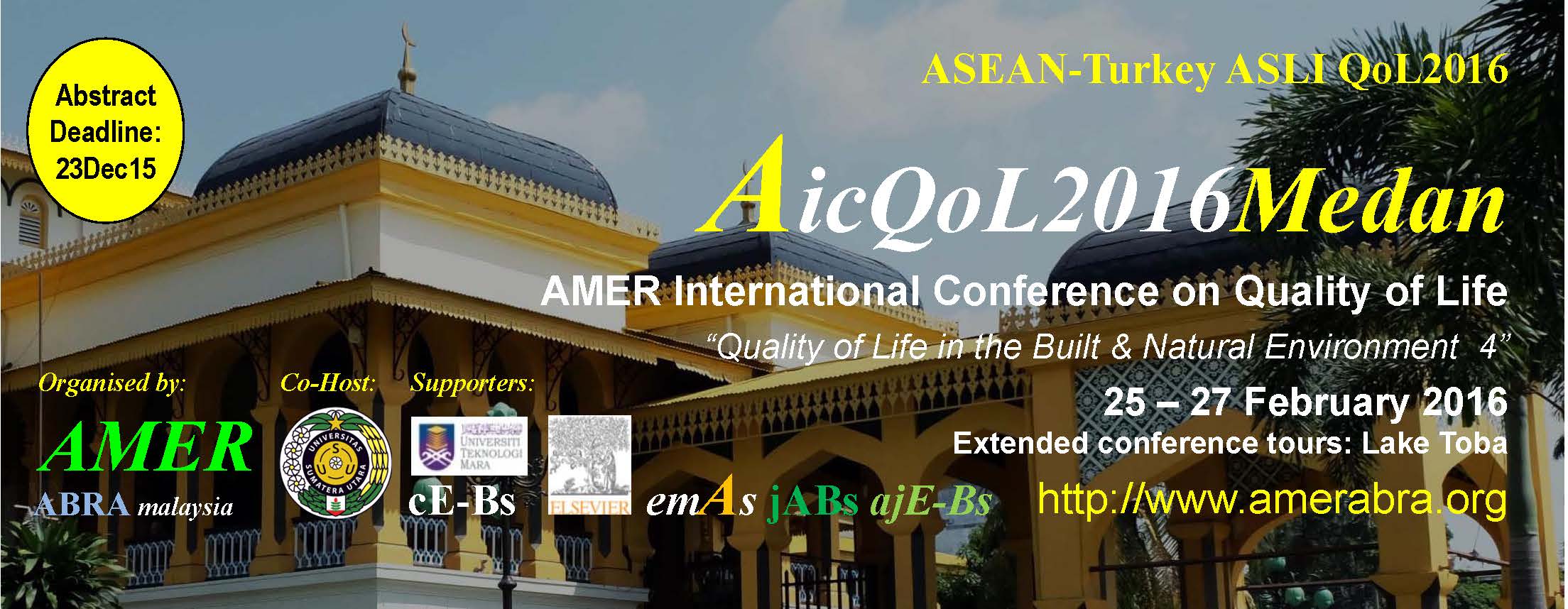Friendly City: from research to implementation for better sustainability
- Read Time: 1 min
Introduction
When a decentralized system of government began to be developed in Indonesia through decentralization, city and county governments held most strategic role in the management of the city. Increasingly complex city problems such as social, economic, cultural and physical, are demanding a more comprehensive solution concept. One of the concepts that are considered relevant as a solution to the complexity of urban problems today is the idea of a friendly city. Friendly city is an ideal picture of a city that every life of people well-accommodated, comfortable and fair in city spaces. The idea of the friendly city has become essential to be a discourse in relation to the Medan’s anniversary moment that has been aged more than four and a half centuries.
In realizing this ideal pedestrian vision need Test Case. In this case the issues that raised as an example is the planning, structuring and managing the pedestrian. The background of the election is because the pedestrian is a city level that contact with people daily but still has not received serious attention.
A forum for discussion of the friendly city has ever seminar on the International Seminar 1st Friendly City: Towards a Friendly City, as part of One Decade Anniversary of Architecture at the University of Sumatera Utara November 2001; International Seminar 2nd Friendly City: Urban Development Management for Friendly City in 2003; and International Seminar 3rd Friendly City: Friendly City for Urban Tourism in 2011. As a continuation of the seminar, Architecture Graduate Program Magister USU cooperate with the government of Medan intends to organize International Seminar on Friendly City: Research to Implementation. The seminar aims to collect a variety of positive thoughts about the management of developing friendly city, especially to apply the concept to the real problems of urban in various parts of the world today. For that much needed donations thoughts and experiences of practitioners of government that will be combined with conceptual theories by experts. Thus it is expected will be obtained a more comprehensive and applicable problem-solving framework.



